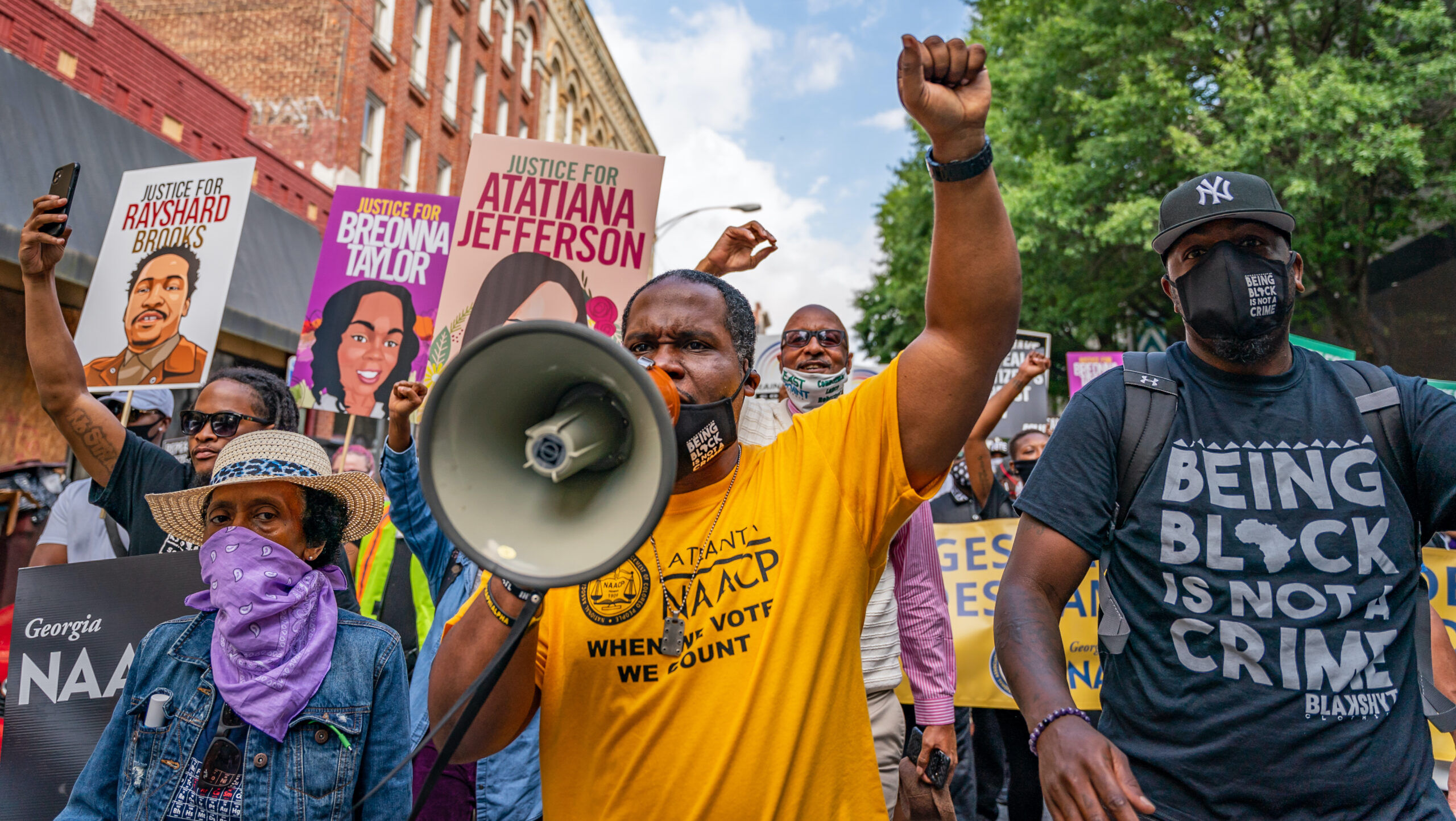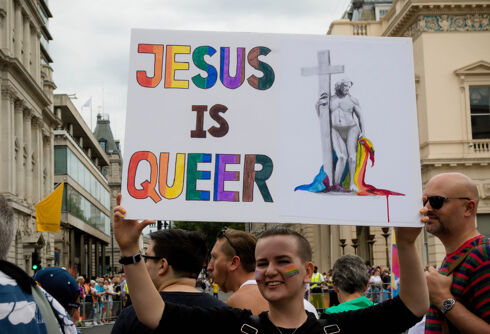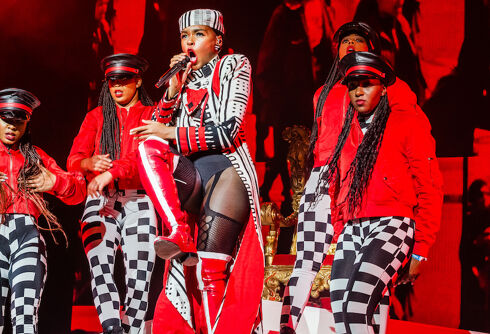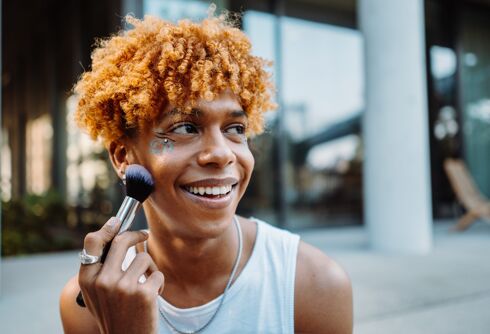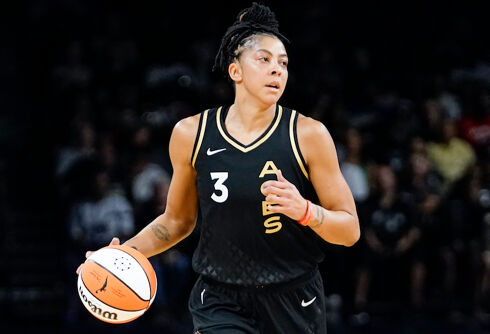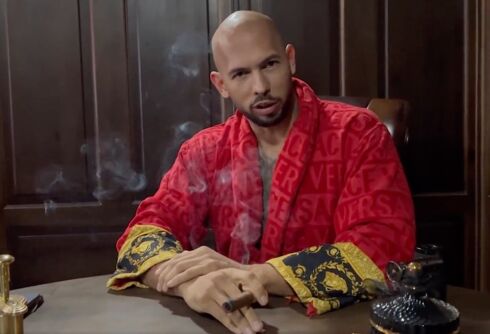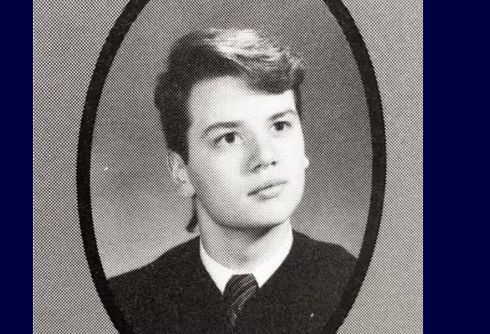Over 7,000 people attended the National Association for the Advancement of Colored People’s (NAACP) 114th National Convention in Boston, Massachusetts from July 26 to August 1. Along with the attendees, hundreds of local and national vendors showed up and showed out, and the convention’s theme, “Thriving Together,” allowed Boston to reintroduce itself, creating a milieu to celebrate and acknowledge Boston’s Black community and its collective entrepreneurial and political power.
But when the NAACP began its 73rd national convention in Boston 41 years ago in 1982, that same day, the news reported that an African American home had been firebombed after three Black families moved into the all-white enclave of Dorchester. That event, coupled with lingering residual animus derived from the Boston busing crisis of the 1970s, left a pox on Beantown, keeping not only the Convention away but also African Americans from visiting, giving the city its earned reputation as one of the most racist cities in the country.
Related:
Dwayne Wade & Gabrielle Union powerfully call for Black trans rights at NAACP Awards
“This is a conversation worth having in ways that…don’t enable lawmakers or justice systems to look the other way when Black trans people are under attack.”
Today, Boston presents itself ready to change — not to erase its past — but rather to present itself as a city now able to provide opportunities for people of color and uphold their civil and human rights without discrimination.
Never Miss a Beat
Subscribe to our newsletter to stay ahead of the latest LGBTQ+ political news and insights.
The NAACP Convention also came to Boston when the organization’s acceptance of its LGBTQ+ members is no longer an ongoing controversy. The NAACP was once as homophobic as the Black Church. However, the NAACP did a 180-degree turn on LGBTQ+ issues in 2018 when it invited me and other LGBTQ+ activists from across the country to its 109th Annual Convention at the Henry B. Gonzales Convention Center in San Antonio, TX.
“I am pleased to extend this letter of invitation, requesting your participation as a panelist during the LGBTQ workshop titled ‘The State of LGBTQ People of Color in America,'” the invitation read. “The session will take place on Tuesday, July 17, 2018, from 2:30 p.m. to 4:30 p.m.”
The panel focused on the following topics:
- Effective strategies for LGBTQ+ activism
- Evolution of thinking: Acceptance & inclusion
- Living out loud: LGBTQ+ representation in the workplace, Congress, and media
- Power of the vote: Mobilization, registration, anti-discrimination laws & how to overcome them
“My colleagues and I sincerely hope that you will accept,” the invitation continued. “In connection with convention-related LGBTQ events, we will cover travel and hotel accommodation expenses.”
At the NAACP Town Hall, Leon W. Russell, Chair of the NAACP National Board of Directors, apologized on behalf of the organization.
“You cannot profess to be a civil rights fighter and then insert exceptions,” Russell stated. “It’s none of your business who I love. You just have to let me have the right to do that.”
Still Today, The NAACP Town Hall meeting is one of its most-watched programs on C-SPAN.
For many years, there was an ongoing debate between civil rights versus gay rights. In 2004, during a June 12 Capitol Hill ceremony commemorating the 40th anniversary of the landmark U.S. Supreme Court decision that struck down anti-miscegenation laws — and sponsored by several straight and queer civil rights organizations across the country — The Legal Defense Fund (also referred to as the NAACP-LDF) was founded in 1940 as a part of the NAACP.
But now, the NAACP-LDF operates as a completely separate entity. It released a historical statement that best explains why the struggle for same-sex marriage is indeed a civil rights struggle: “It is undeniable that the experience of African Americans differs in many important ways from that of gay men and lesbians; among other things, the legacy of slavery and segregation is profound. But differences in historical experiences should not preclude the application of constitutional provisions to gay men and lesbians who are denied the right to marry the person of their choice.”
Today, the NAACP has an LGBTQIA Committee Chairperson, Demar Roberts from S. C., who works to protect and advance the rights of the LGBTQ+ community. At the Convention’s LGBTQIA reception, former Cambridge mayor and now Councilwoman E. Denise Simmon (the first openly lesbian African-American mayor in the United States) was awarded the first NAACP social justice award to an LGBTQ+ person.
Holding the National Convention of the NAACP in Boston was important. As the first chartered branch of the NAACP, Boston helped lay the foundation for the vitality and vibrancy of Black social justice activism. The pox on Boston’s reputation as one of the most racist cities in our nation has held us all back: all Bostonians — black and white — and the entire Commonwealth. Similarly, the NAACP’s once homophobic stance on LGBTQ+ civil rights held back the Black community and the organization from both thriving together.


